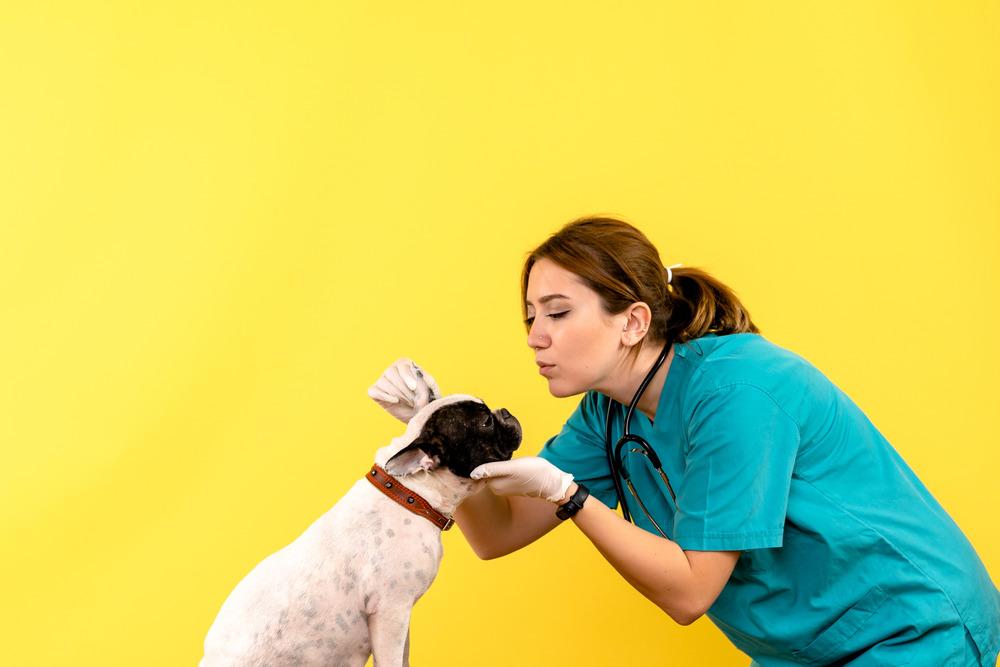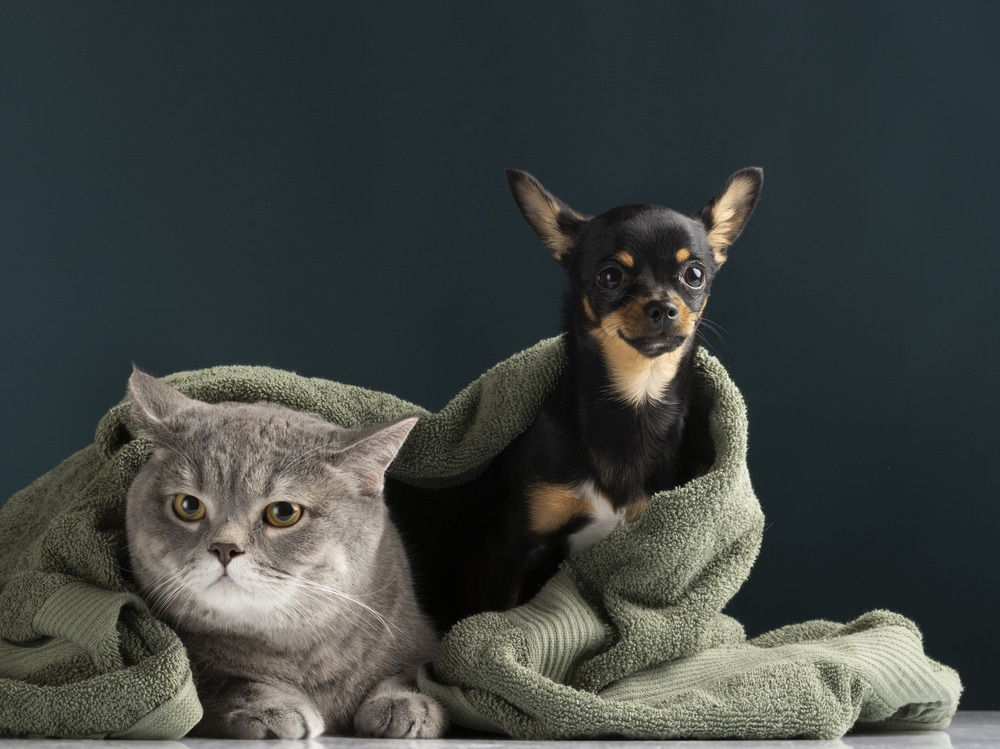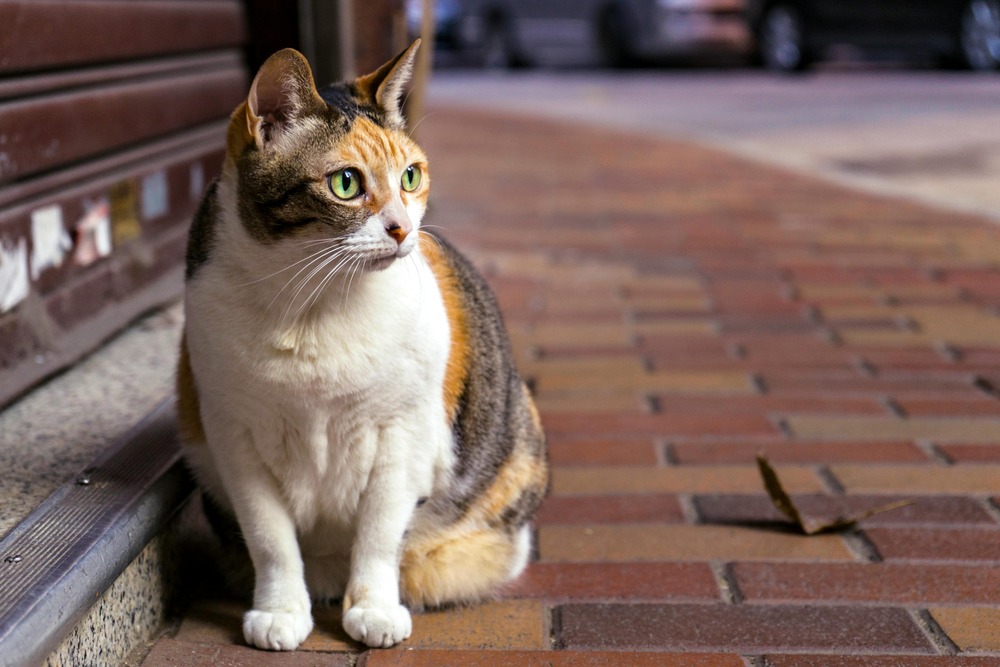As cat owners, we often pride ourselves on being attentive to our furry friends. However, some feline diseases can be silent, showing few or no symptoms until they become severe. Regular check-ups at the vet are essential, but there are several at-home checks you can perform to catch potential issues early. In this blog, we will explore five critical at-home checks you can do to ensure your cat's health, along with some eye-opening statistics about feline diseases. 🐱💖

Understanding Feline Health Statistics
Before diving into the checks, let’s take a look at some statistics that highlight the importance of monitoring your cat's health:
- 50% of cats over the age of 10 are diagnosed with at least one chronic disease.
- 30% of cats are overweight or obese, which can lead to diabetes and other health issues.
- Feline Chronic Kidney Disease (CKD) affects approximately 30% of cats over the age of 15.
These numbers emphasize the need for proactive health monitoring. Now, let’s explore the five at-home checks you can perform to keep your feline friend healthy.
1. Monitor Eating and Drinking Habits
Changes in your cat's eating and drinking habits can be a significant indicator of health issues. Keep an eye on:
- Food intake: Is your cat eating less or more than usual?
- Water consumption: Is your cat drinking more or less water?
Table 1: Signs of Eating and Drinking Changes
| Behavior Change | Possible Health Issue | Emoji |
|---|---|---|
| Decreased appetite | Dental issues, CKD | 🦷 |
| Increased thirst | Diabetes, Hyperthyroidism | 💧 |
| Increased appetite | Hyperthyroidism, Parasites | 🍽️ |
2. Check for Weight Changes
Regularly weighing your cat can help you catch weight-related issues early. A sudden weight loss or gain can indicate underlying health problems.
Table 2: Weight Change Indicators
| Weight Change | Possible Health Issue | Emoji |
|---|---|---|
| Sudden weight loss | Hyperthyroidism, Cancer | ⚖️ |
| Sudden weight gain | Obesity, Hypothyroidism | 🐾 |
To keep track of your cat's weight, consider using a pet scale or visiting a local pet store that offers weighing services.
3. Observe Litter Box Habits
Your cat's litter box habits can reveal a lot about their health. Pay attention to:
- Frequency of urination: Is your cat urinating more or less than usual?
- Consistency of stool: Is it firm, loose, or bloody?
Table 3: Litter Box Behavior Indicators
| Behavior Change | Possible Health Issue | Emoji |
|---|---|---|
| Increased urination | Diabetes, Urinary Tract Infection | 🚽 |
| Decreased urination | Kidney issues, Blockage | ❌ |
| Blood in stool | Parasites, Infections | 🩸 |
If you notice any concerning changes, it’s essential to consult your veterinarian promptly.
4. Check for Changes in Grooming Habits
Cats are known for their grooming habits, and any changes can indicate health issues. Look for:
- Over-grooming: This could be a sign of stress or skin allergies.
- Under-grooming: This may indicate pain or illness.
5. Monitor Behavior and Activity Levels
Changes in your cat's behavior can be subtle but significant. Keep an eye on:
- Playfulness: Is your cat less interested in play?
- Social interaction: Is your cat hiding more than usual?
Table 4: Behavioral Changes and Health Implications
| Behavior Change | Possible Health Issue | Emoji |
|---|---|---|
| Increased hiding | Pain, Anxiety | 🐈⬛ |
| Decreased playfulness | Pain, Depression | 🎾 |
Conclusion
Being proactive about your cat's health can make a significant difference in their quality of life. By performing these at-home checks, you can catch potential issues early and ensure your feline friend remains happy and healthy. Remember, while these checks are essential, they do not replace regular veterinary visits. For more information on feline health, you can visit The American Association of Feline Practitioners or The Cornell Feline Health Center.
Taking the time to monitor your cat's health can lead to a longer, happier life for your beloved pet. So, grab your checklist and start observing! 🐾💖




